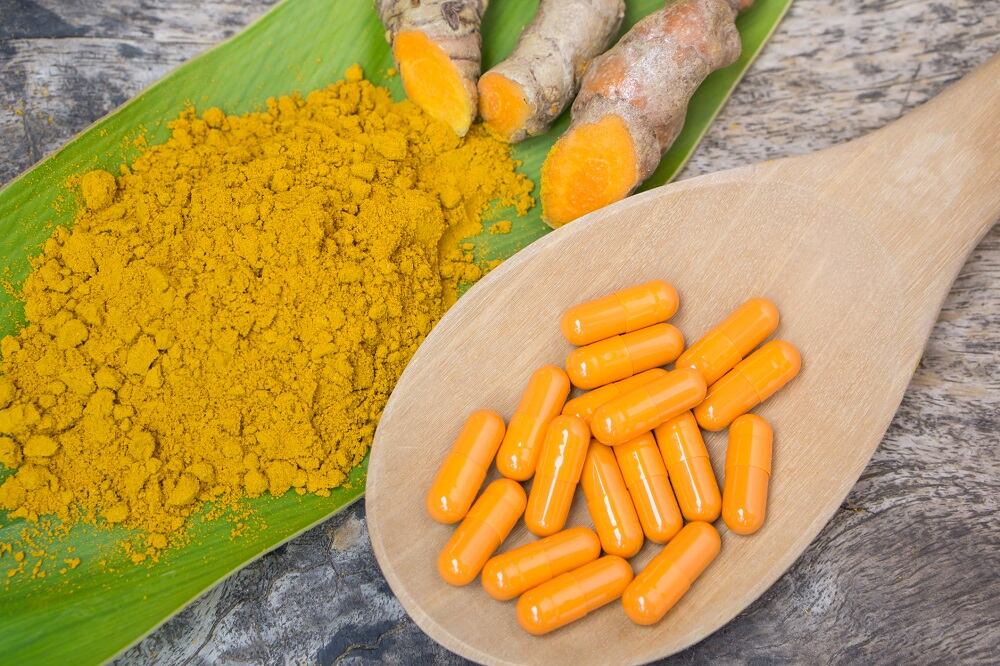Data published in the European Journal of Nutrition indicated that 800 mg of phytosomal curcumin (Indena’s Curserin) plus 8 mg of piperine from Piper nigrum L. (Sabinsa) per day for eight weeks led to significant improvement in a range of measure, including blood pressure, waist circumference, triglycerides levels, HDL-cholesterol, and various liver enzymes, such as transaminases and gamma-GT.
“These findings have an important implication for the management of patients with overweight and obesity, metabolic syndrome and NAFLD [non-alcoholic fatty liver disease], all of which being public health concerns worldwide,” wrote researchers from the University of Bologna (Italy) and the Mashhad University of Medical Sciences (Iran).
Blockbuster
The study adds to the ever-growing body of science supporting the potential health benefits of turmeric and curcumin.
According to the 2017 Herb Market Report published by the American Botanical Council (HerbalGram 119), turmeric is the number one selling herb in the natural channel, with $50.3 million (12% growth year-over-year). It is number five in the mass channel (MULO) with $32.5 million in sales (48% growth y-o-y).
The new study included 80 overweight subjects with suboptimal fasting plasma glucose. The participants were randomly assigned to receive either the phytosomal curcumin with piperine or placebo for eight weeks.
Key findings

Results showed that, compared to baseline levels, waist circumference, BMI, systsolic blood pressure, triglycerides, HDL-cholesterol, and HOMA-IR (the homeostasis model assessment for insulin resistance) were all significantly reduced.
Significant reductions in liver enzymes were also recorded for glutamic oxaloacetic transaminase (GOT), glutamate pyruvate transaminase (GPT), and gamma-glutamyl transferase (gamme-GT).
Compared to placebo, significant reductions in fasting plasma insulin, triglycerides, GOT, GPT, fatty liver index, and cortisol levels were recorded by the researchers.
“In our study, we found a lowering effect of curcumin supplementation on serum cortisol levels. To our knowledge, this is the first study to report the effect of curcumin on serum cortisol levels in an overweight population with suboptimal FPG [fasting plasma glucose],” they wrote.
“The present trial indicated that supplementation with a phytosomal preparation of curcumin containing phosphatidylserine and piperine could improve glycemic factors, hepatic function and serum cortisol levels in subjects with overweight and prediabetes. Future studies are warranted to verify the present results in populations with T2DM, metabolic syndrome and NAFLD,” they concluded.
Source: European Journal of Nutrition
Published online ahead of print, doi: 10.1007/s00394-019-01916-7
“Effects of phytosomal curcumin on anthropometric parameters, insulin resistance, cortisolemia and non-alcoholic fatty liver disease indices: a double-blind, placebo-controlled clinical trial”
Authors: A.F.G. Cicero et al.


